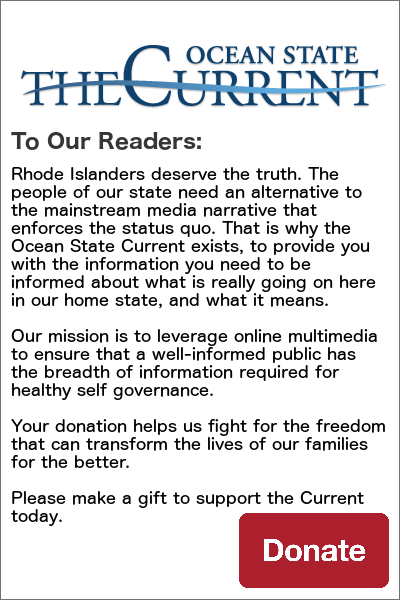Rhode Island Leads New England in STDs
Coming in at 36th, clearly Rhode Island could be doing worse when it comes to sexually transmitted diseases, although the map that Trent Wilson provides for his post on BackgroundChecks.org has the Ocean State as a darker spot in the midst of the rest of New England, all of which are in the best 10.
Using data from the Centers for Disease Control (CDC), Wilson finds that Rhode Island improved by two spots from last year’s iteration, although it appears the cause is that other states’ rates of chlamydia and gonorrhea increased at a higher rate.
One notable factor is that rates of STDs appear to correlate most significantly with wealth. At least in New England, one could suggest that it isn’t even just wealth, but the broader assessment of economic health and freedom from dependence captured by the RI Center for Freedom & Prosperity’s Jobs & Opportunity Index (JOI). The northern New England states are leading the region (in the good way), with a gap to Massachusetts and Connecticut and then another gap to Rhode Island.
The picture is worse for Rhode Island, too, if we go beyond the two diseases that Wilson used for his score. According to the CDC’s 2016 data, Rhode Island may be 27th and 44th in the country for chlamydia and gonorrhea, respectively (with 1 being the worst), but we’re 12th in the country for primary and secondary syphilis. D.C. McAllister points out on PJ Media that the lion’s share of these cases nationwide are found among men who have sex with men.
The relative rankings of New England states drive home the interacting responses of culture and economics, with Rhode Island lagging. Reorienting our policy toward healthy families, away from special interests, would have broadly beneficial effects without having to be judgmental in a negative way about alternative lifestyles. Without this positive component, public policy runs the risk of encouraging harmful behavior by alleviating its consequences. We can and should help people who are suffering, no matter the cause, but dragging down those who’ve avoided suffering and burdening families shrinks the contrast.



